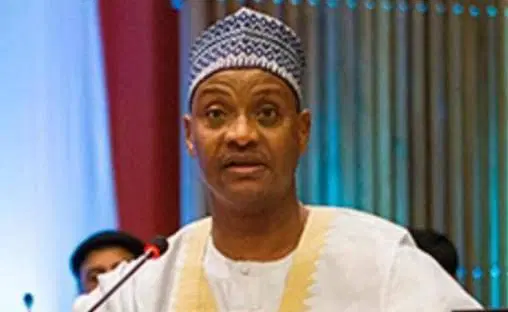Even while leading the Civil War, General Yakubu Gowon was already thinking about how to secure the peace that would inevitably follow. On October 1, 1970, he addressed the nation in a radio broadcast, outlining a comprehensive nine-point program that addressed security, politics, and the economy. His political vision was forward-thinking, focusing on the creation of more states, a new constitution, the formation of national political parties, and the organization of general elections by 1976, which he intended to use as a means to hand over power to civilians.
Gowon’s economic plans were equally ambitious, centered on the accelerated implementation of the Second National Development Plan and the repair of war damages. He also aimed to create a new revenue allocation formula and fight corruption. The Second National Development Plan (1970-1974) played a crucial role in consolidating the national economy. Despite emerging from the war, Nigeria’s economy became even more robust, attracting investments and accelerating industrial development, making the country an economic hub in Africa.
However, Gowon’s administration faltered when it failed to meet the 1976 deadline for a transition to civilian rule. This became the Achilles’ heel of his regime. It’s likely that his decision to delay was based on concern for the country’s fragile post-war state, rather than any personal ambition to remain in power. Nonetheless, this decision led to his government being overthrown on July 29, 1975, marking a significant episode in Nigeria’s history.
Before his departure, Gowon’s achievements were firmly established across Nigeria. The reconstruction of war-damaged infrastructure, particularly in the rebel-held territories, was progressing well. Cement factories in the Southeast were revived, fertilizer production increased, and the establishment of motor vehicle assembly plants in Lagos and Kaduna produced Volkswagen and Peugeot cars, respectively.
The transport sector saw substantial improvements with the construction of 2,200 miles of roads and another 1,600 miles underway. Enugu airport was reconstructed, and plans for airports in Kano, Lagos, Ilorin, and Calabar were initiated. Gowon also revitalized the Nigerian National Shipping Line (NNSL) with new ships and port facilities. The aviation sector was upgraded with new aircraft and modernized airports.
In terms of education, Gowon’s era saw a dramatic increase in school enrolment. Primary school attendance rose from 3.5 million in 1970 to 4.5 million by 1973, and secondary school enrolment doubled between 1971 and 1974. Twenty new Federal Government Colleges, four Colleges of Technology, and nine Trade Centres were established. Higher education also thrived, with university enrolment increasing from 14,500 in 1971 to 25,000 in 1974.
Gowon’s contributions to healthcare were significant, with expanded facilities in Specialist Hospitals in Benin, Enugu, and Ilorin, and the development of University Teaching Hospitals in Lagos, Ibadan, and Enugu. Over 300 health centers, maternity clinics, and dispensaries were established nationwide, and the University of Benin Teaching Hospital was completed under his watch.
Food security became a national priority during Gowon’s leadership. The Second National Development Plan allocated N3.192 billion towards capital projects, including agriculture. Reviving plantations in the Southeast, expanding agricultural extension services, and increasing fertilizer imports and production were key initiatives. Hundreds of thousands of hectares were brought under cultivation, aided by new irrigation systems, dam construction, and the establishment of River Basin Development Authorities (RBDAs), which helped modernize agriculture in Nigeria.
Gowon’s era marked the beginning of Nigeria’s modernization, with the firm belief in a special mission to build a united and progressive country. However, with his departure, Nigeria lost the assured leadership and forward-looking vision that had driven its growth, leaving behind a sense of doubt and uncertainty.

